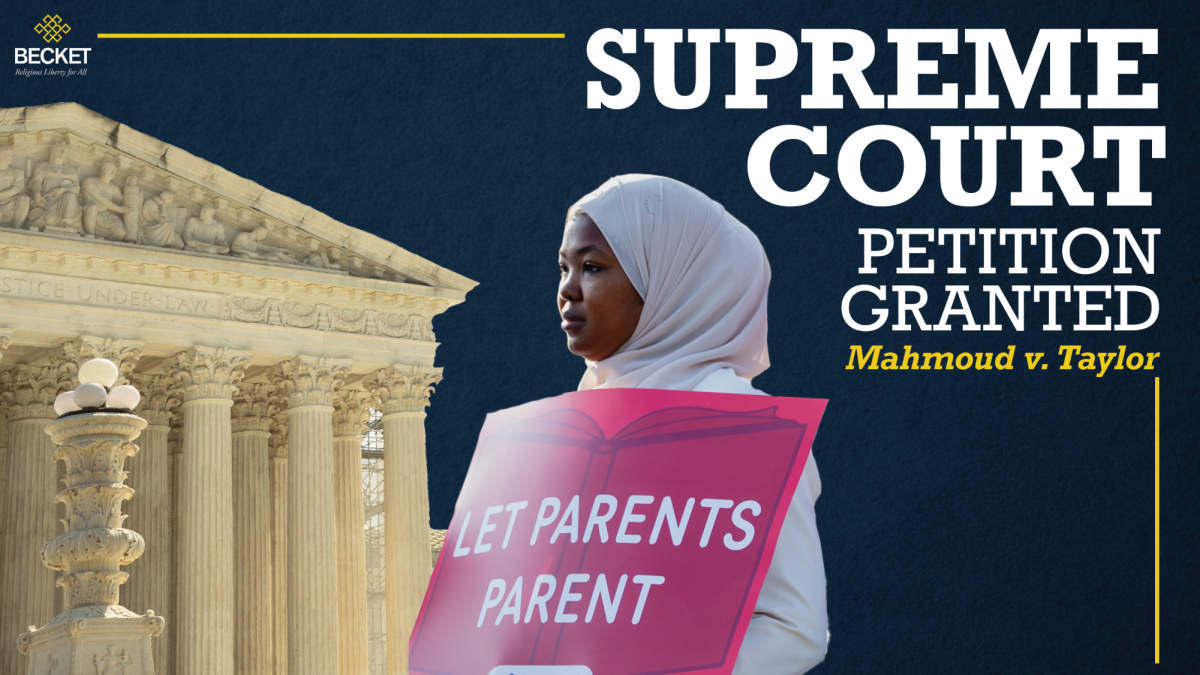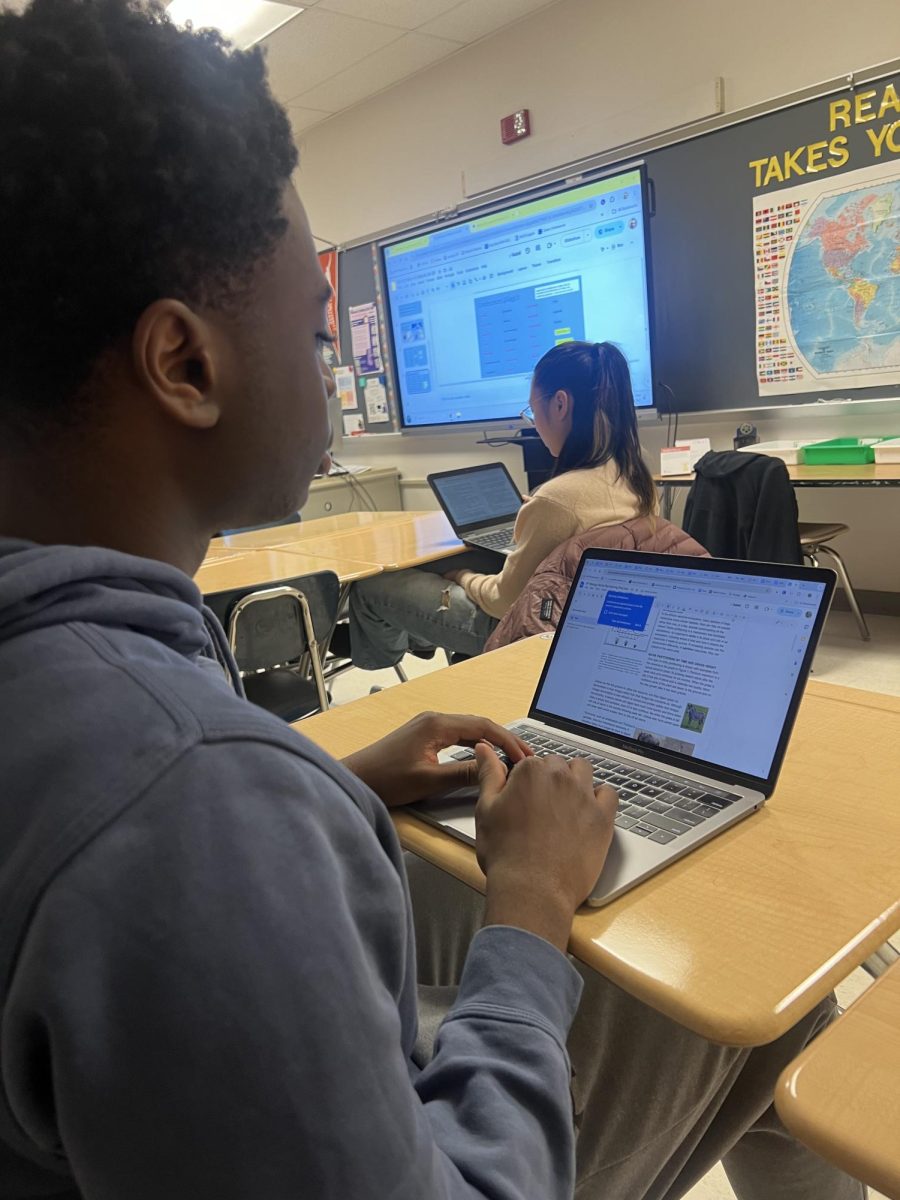Facebook had loosened its privacy setting for its teenage users. The new privacy setting took effect Oct. 17.
Originally the networking site restricted 13 to 17 year olds to sharing posts to friends of friends by default. Teens were prohibited by the site to share all information to the general public.
However, the new option allows them to share photos, comments and updates with the general public, although the default will be on friends only instead of being on friends of friends.
Strangers and companies vying for advertisement can now see teens’ information on Facebook.
Obviously Facebook’s move has caused concern from some parents and media experts.
“A lot of people are blaming the loose policies of Facebook for photos being shared around or statuses being ridiculed, but it directs back to the person in charge of their account,” senior Laura Bretscher said.
Like Bretscher, most CHS students are not concerned about the new Facebook setting.
“It is nice to give teens a chance to choose what they want to share and keep private,” senior Emily Dahl said. “It gives them some power over their Facebook page.”
Besides, most students will not be posting most of their information outside their friend network.
According to junior Cece Wallerstedt, she would personally never post anything on Facebook to the general public.
According to a Facebook blog post, because teens are the savviest on social media sites, they should have the right to post publicity on Facebook.
Besides, Bretscher believes that Facebook cannot take full responsibility for its privacy settings and the bullying that consequently takes place because of teenagers’ decisions to post to the general public.
However, Facebook does take in consideration the risks that come with this new setting. Whenever a teen chooses “public,” on a post, a message reminding teens that they are posting to everyone on the site pops-up.
It appears that Facebook is trying to compete with other social networking sites and mobile apps, such as Twitter and Tumblr, which allow its users to post to the general public more so than Facebook did before.
Senior Alexis Ghobadi does not think it matters anyways. According to Ghobadi, the original restrictions did not apply because no one uses their real age on social networking sites. By loosening up the restrictions, all Facebook is doing is catching up to what teens had been doing the whole time. The change is pointless.
Although Facebook remains the No.1 social media site, its popularity has begun to dwindle and thus gives a reason as to why Facebook has decided to change its privacy setting.
According to a survey of about 5,000 teenagers conducted by an investment bank and asset management firm, 33% of teenagers considered Facebook their most important social network
— 10 percent fewer than last year.
Now that you are allowed to share posts with people outside your friend network, will it make a difference? That’s the question.



















